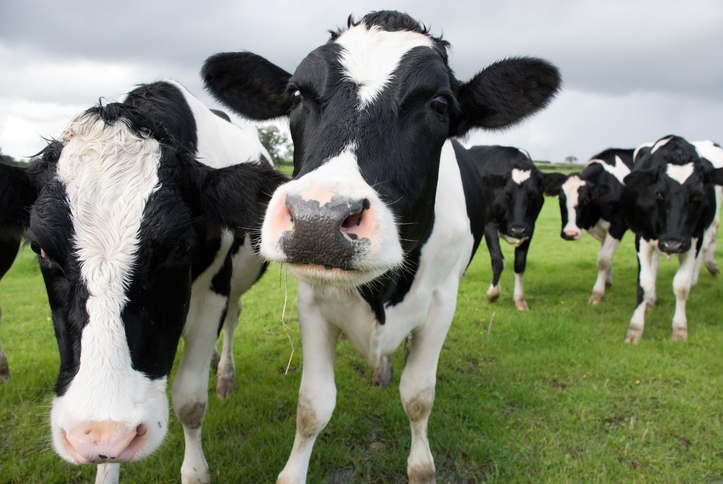Key Takeaways
- Perfect Day faces a lawsuit alleging it misleads consumers about its animal-free whey protein, ProFerm.
- Plaintiffs claim ProFerm contains higher levels of residual fungal proteins than stated, raising safety and allergenicity concerns.
- The startup maintains that its protein is safe, sustainable, and does not contain detectable GMO materials.
Perfect Day Sued Over Animal-Free Whey Protein Claims
Perfect Day, a startup known for producing whey proteins through precision fermentation, is under legal scrutiny due to allegations of misleading marketing related to its animal-free dairy products, particularly its ProFerm whey protein. Filed in the District of Columbia, the lawsuit involves the Organic Consumers Association and Toxin Free USA, claiming that Perfect Day misrepresents ProFerm as safe, environmentally friendly, and identical to traditional cow-derived whey.
The central ingredient, beta-lactoglobulin, is crafted from a genetically modified filamentous fungus, Trichoderma reesei. While the FDA granted a no-questions letter in 2020 affirming the ingredient’s Generally Recognized as Safe (GRAS) status, the plaintiffs argue that the reality diverges significantly from the marketing claims. They cite analyses from The Health Research Institute (HRI) indicating that tests show ProFerm contains an alarming level of residual fungal protein, purportedly totaling 86.6% of the product, rather than the 6.7% claimed by Perfect Day. However, some industry experts caution that such a high level would likely impact the product’s sensory qualities.
The lawsuit raises further concerns about byproducts derived from the fermentation process, stating these “unstudied” compounds could pose unknown risks to human health. Plaintiffs argue that the potential toxicity, allergenicity, and effects on nutrition and gut microbiome function of these byproducts remain uninvestigated.
Perfect Day contends that its GRAS notice, evaluated by the Food Allergy and Resource Program (FARRP), found no significant residual fungal proteins that would raise allergenic concerns. The startup points out that the proteins from Trichoderma reesei have a long history of safe usage in food production. The company asserts that the genetic material from the fungus is filtered out in the final product, suggesting that it remains compliant with regulatory definitions related to GMOs.
Despite the legal challenge, Perfect Day has been actively pursuing partnerships, including a collaboration with Unilever to develop lactose-free frozen desserts featuring ProFerm. The company also sold its consumer brands to a new entity, Superlatus, to focus on business-to-business opportunities. A spokesperson revealed that Perfect Day is engaging in discussions with key partners for its new production facility in India and has letters of intent for product off-take from various customers.
As the lawsuit unfolds, industry experts note that this case is significant, given that it targets companies utilizing novel food technologies like precision fermentation. Rebecca Cross, a founding partner at Greenfare Law, emphasized that such actions against a mission-driven company like Perfect Day reflect the resistance faced by innovations challenging traditional food narratives. She criticized the lawsuit for its potential misrepresentation of the safety and regulatory transparency practiced by companies in this field.
Overall, Perfect Day’s commitment to a sustainable, animal-free dairy future is juxtaposed by this legal challenge, raising essential questions about transparency, consumer safety, and the evolving landscape of food biotechnology.
The content above is a summary. For more details, see the source article.















